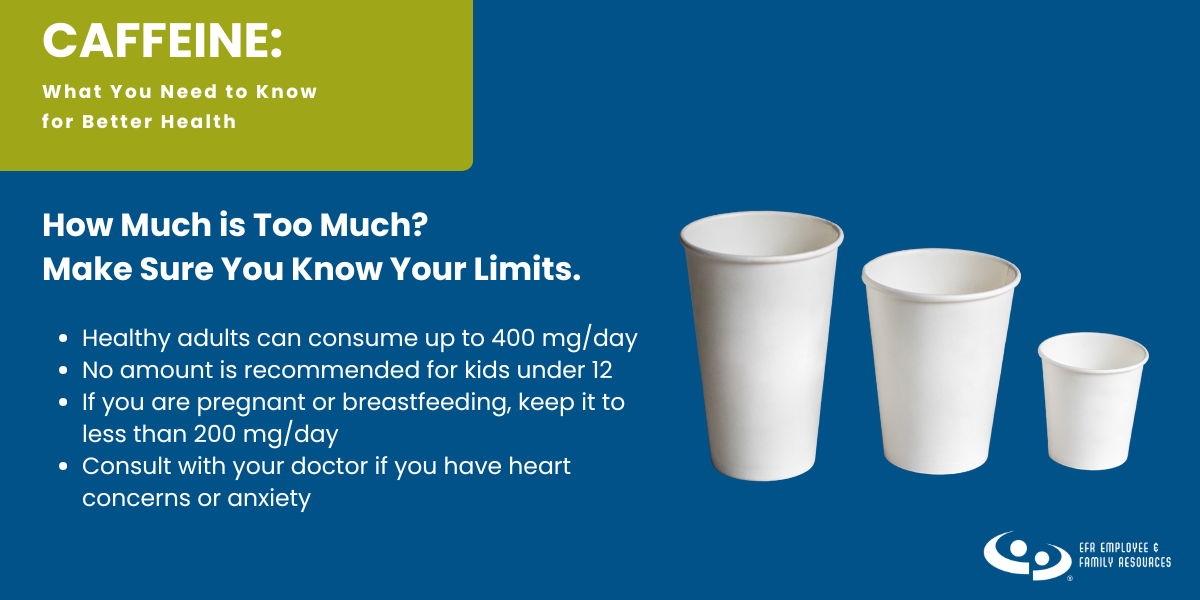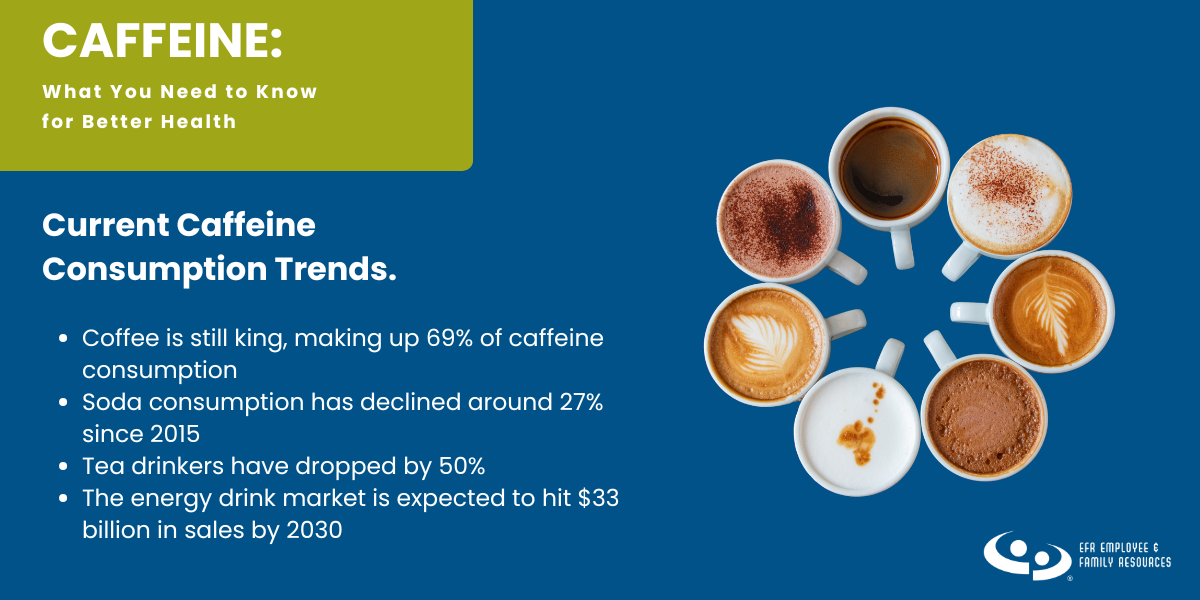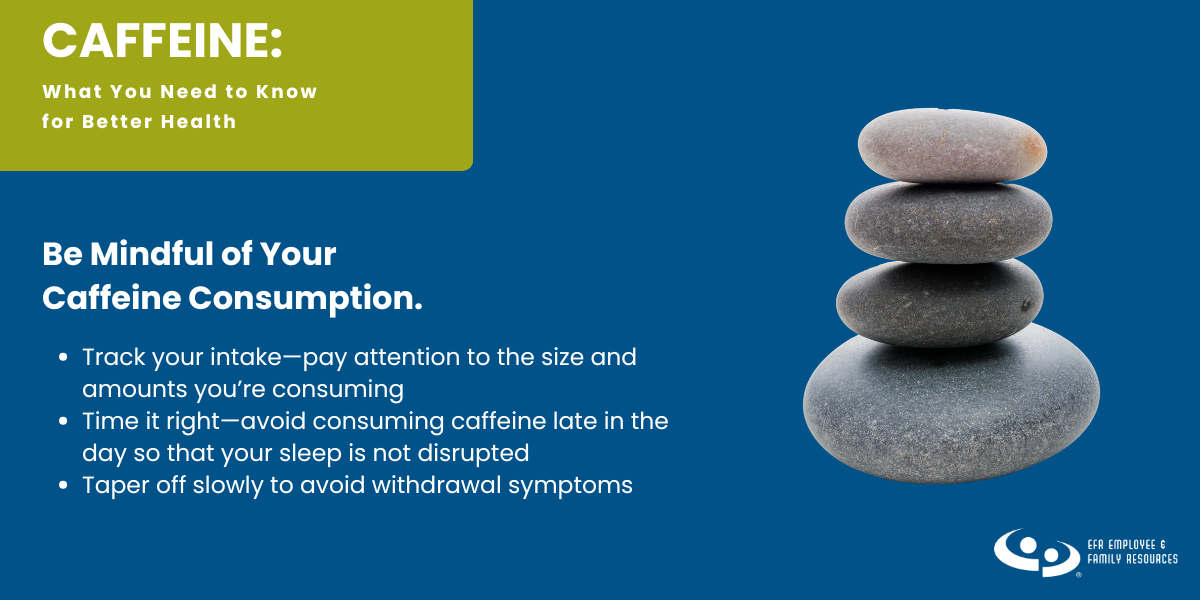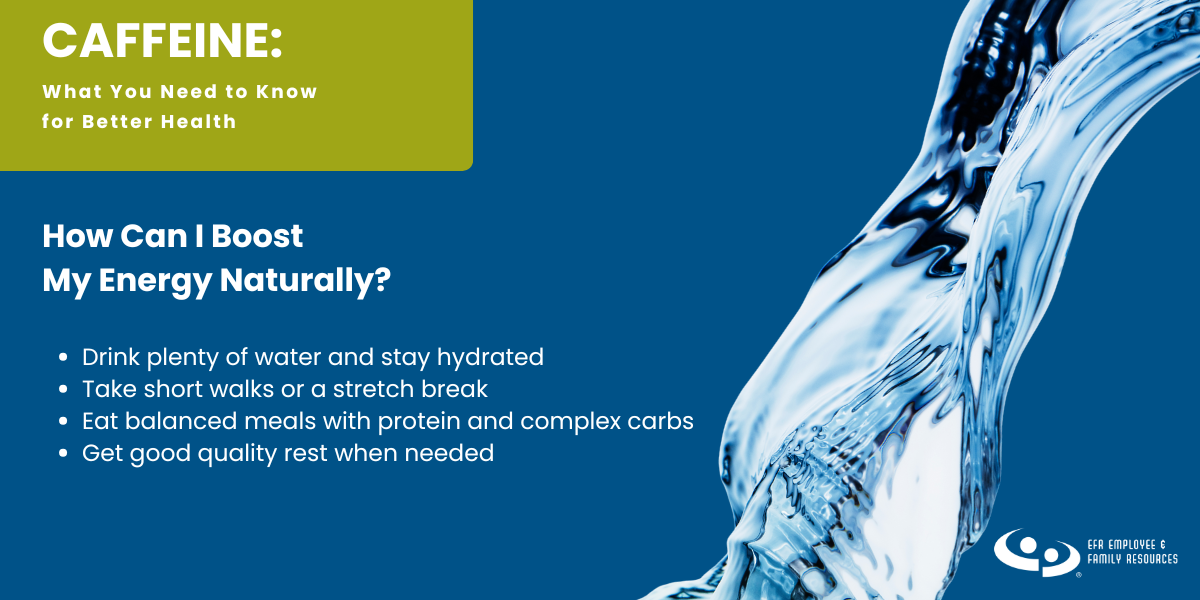But there’s good news— counseling offers a confidential, supportive space to help you navigate these difficulties. It isn’t only for crises or those living with mental illness. It’s about empowering you with the tools to navigate life’s twists and turns.
Whether to find immediate relief or cultivate lasting change, teaming up with a counselor can be a transformative tool. Let’s unravel how counseling can catalyze positive change and explore four strategies to get the most out of it!
What is counseling?
Counseling is your personal think tank for life’s strategies—a collaborative and scientifically-supported journey toward self-improvement. It’s about teaming up with a professional who offers a confidential, unbiased environment where you’re free to voice anything. Your counselor is there to help you pinpoint and shift thought patterns and behaviors that aren’t serving you, paving the way for reduced stress and a more fulfilling life.
Why try counseling?
Life doesn’t pause for rough patches. So when complexities unfold—whether transitions, personal battles, or professional shifts— having a seasoned professional to help guide you can make the difference between ‘just getting by’ and thriving. But counseling isn’t just about addressing the immediate; it’s a proactive step toward confidently navigating life’s ebbs and flows.
Addressing common myths and misconceptions
Myth: Counseling is only for serious problems
Contrary to popular belief, you don’t need to wait for dire circumstances before starting counseling. While it’s an invaluable support during critical times, its benefits extend far beyond. Counseling is equally effective for enhancing everyday life. Whether it’s forging stronger relationships, achieving personal milestones, honing communication skills, deepening self-awareness, boosting confidence, navigating stress, or building healthier habits, counseling offers tools for proactive well-being management. You don’t need to wait – you can start building a better life today!
Myth: All counseling is the same
If you’ve tried counseling before and have not experienced progress, it can be frustrating and difficult to try again! Counseling is most successful when you genuinely connect with your counselor and develop deep trust. When you are comfortable being vulnerable and sharing your innermost thoughts, it allows your counselor to tailor their approach effectively. Remember, counselors vary greatly in their specialties, techniques, and styles. Sometimes, finding what works best for you takes trial and error!
Myth: Counseling is just an expensive venting session
Think counseling is just about talking? Think again. More than a simple chat, counseling involves a strategic dialogue guided by a trained professional who helps you draw meaningful connections among your experiences, emotions, thoughts, and behaviors. With expert training, they listen to your concerns, uncover counterproductive patterns, and guide you to powerful insights.
As a neutral party, your counselor uses scientifically validated methods to support your growth, unlike the well-meaning but often biased advice from friends or family. Additionally, they can connect you with other resources like doctors, dieticians, or support groups to complement your therapy effectively.
Myth: Counseling lasts forever
Worried that starting counseling means a never-ending commitment? The duration of counseling depends on your specific needs, the nature of your challenges, and your pace of progress. While some issues can be addressed with short-term counseling, more deep-seated or complex challenges might need a bit more time.
Ultimately, the goal is to achieve growth and resolution, not attend a certain number of sessions. Many people engage in short-term counseling and return only as needed for additional support down the road. The aim is improvement tailored to your journey and your timeline!
Does counseling actually work? Let’s look at the evidence
In 2020, over one in six Americans turned to therapy for the first time. The evidence speaks volumes: According to the American Psychological Association, a significant 75% of individuals who engage in any form of psychotherapy report feeling better post-therapy than those who never seek help.
Moreover, data from the American Association of Marriage and Family Therapists shows that an overwhelming 98% of clients found family or couples counseling beneficial, with 90% reporting an improvement in their mental health and two-thirds noting improvement in their overall physical health.
Counseling delivers tangible benefits, empowering people with the means to improve their lives!
4 steps to set you up for success in counseling
Seeking counseling is a sign of resourcefulness. After all, it’s unreasonable to expect you can handle all life’s problems by yourself. Whether you’re trying it for the first time or giving it another shot, here are a few ways you can make the most of your treatment:
1. Embrace the uncomfortable
By taking the first step and attending counseling, you realize the need for change and support doing so. Get comfortable being uncomfortable; your thought patterns, views, and behaviors will begin to change when you are actively engaged in the process. Understand that these shifts signal that you are working towards progress. Remember that you do not need to discuss things you are uncomfortable discussing. You set the pace for telling your story, and as you develop trust, you may feel more comfortable opening up.
2. Remove your filter
It may seem obvious, but it is worth a reminder that your counselor cannot read your thoughts. The process involves teamwork between you and your counselor, and honesty is essential to experiencing growth. Bring your most authentic self to each session, and don’t censor yourself for fear of being impolite or rude. Ask questions, disagree with your counselor, and express uncomfortable thoughts like, “I didn’t want to come here today” or “What you said last week really bothered me.” These statements open doors to an honest discussion that can lead to breakthroughs.
3. Accept guidance
Counseling is a process of self-discovery, and your counselor is there to set the tone and guide the session effectively. They will not tell you what decisions you should make or what you should do in your life, but they will help you learn to interpret and regulate your emotions, gain insights into situations and people in your life, and develop healthier habits. Counselors will help strengthen your ability to process this information so you can make the best choice for your life.
4. Commit to the process
Your counselor may assign you readings or exercises during your counseling journey. To fully reap the benefits, put in the effort! Think of counseling as an educational course where the topic is you. The more engaged you are, the faster growth will come. It takes a while to practice new behaviors and ways of thinking and being; don’t give up if you don’t see immediate progress! Stay committed to repeatedly deciding to move forward. As you persevere, you’ll experience growth and change.
Tune into our conversation with a counselor
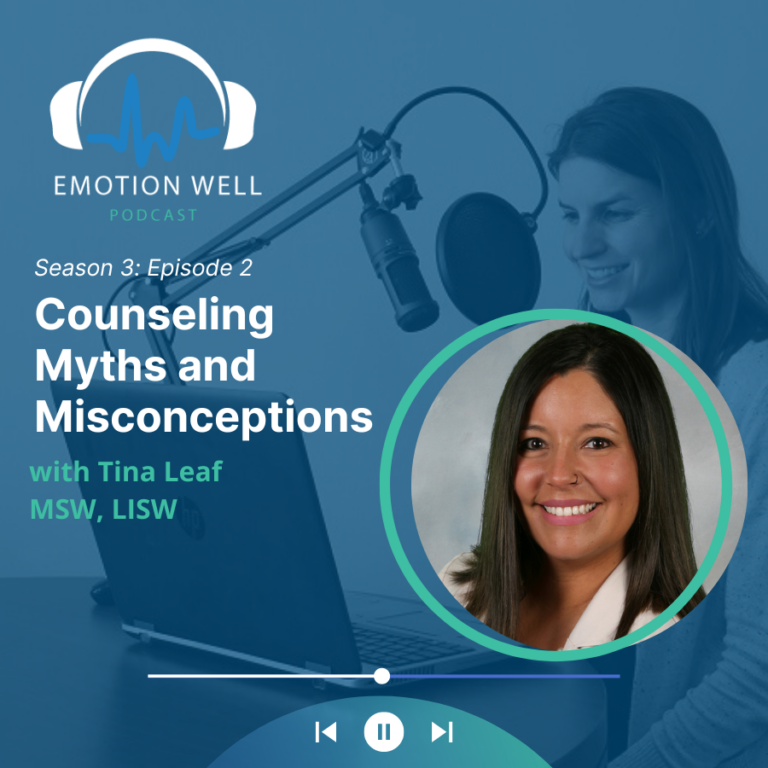
Join us for an enlightening discussion with counselor and Clinical Team Lead Tina Leaf as we dive into the world of counseling to demystify common myths and misconceptions!
We cover:
- How to find a counselor who will be a good fit
- What Tina, a counselor, looks for in her personal counselor
- Determining when a child is ready for counseling
- What happens when a client and counselor “break up”
- Why so many people are hesitant to reach out for help
- What you can expect from a typical session




